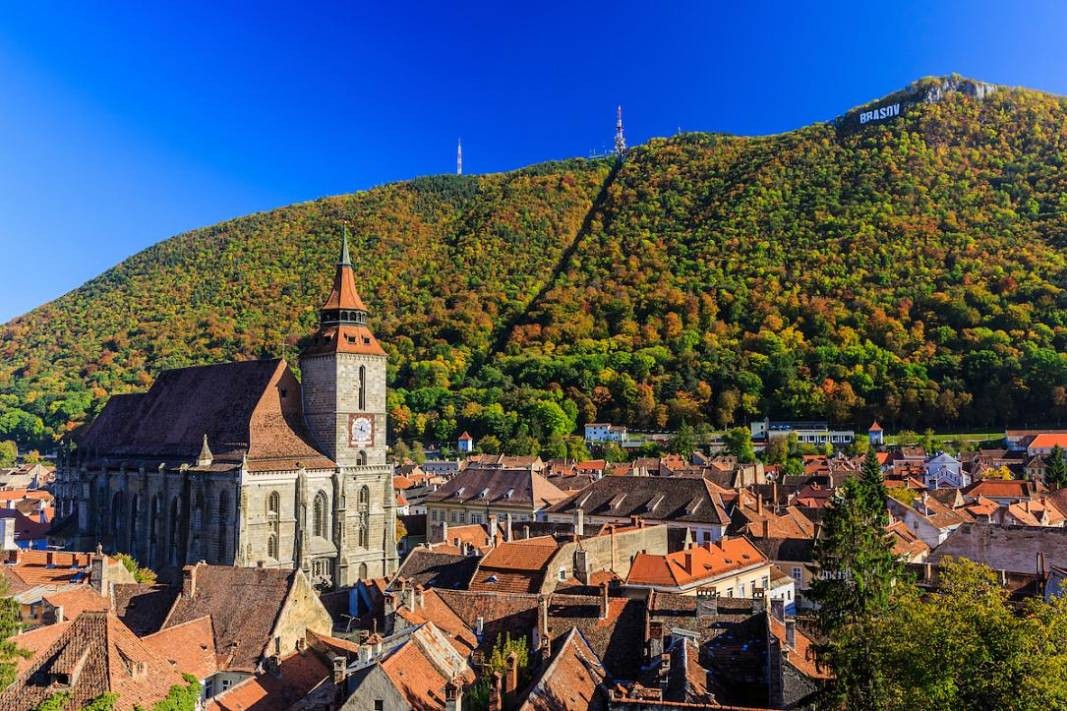Prime Minister of North Macedonia: We will not give up on EU membership but we will not be kneeling down

Assessing the first 100 days of his cabinet, North Macedonian Prime Minister Hristijan Mickoski reported that the government dealt decisively with the challenges and that it would not deviate from the EU membership path. "If you think we should be polishing the shoes of European politicians, I am not like that. I am ready to accept arguments, but so far I have not heard arguments why we should not be members of the EU". He said this on the occasion of the decision of the European institutions to separate the Republic of North Macedonia and Albania on their way to the EU and to let North Macedonia do its homework first, namely to introduce the changes requested by Bulgaria to the constitution, including the ethnic Bulgarians in it.
Mickoski's policy faced sharp criticism from the leader of the opposition Social Democratic Union, Venko Filipče, who said that for 100 days the VMRO-DPMNE government had buried the country's European future "and left us at the bottom of the Balkans". Quoted by Radio Free Europe, he said that Mickoski acted as if "the country belonged to him" and that the PM offered neither a clear way forward, nor an alternative.
Montenegro to join SEPA on January 1, 2025

Montenegro will become a member of the Single Euro Payments Area (SEPA) on January 1, 2025, announced the Director General of European Neighbourhood Policy and Enlargement Negotiations (DG NEAR), Gert Jan Koopman, MINA reported, quoted by BTA. The inclusion of Montenegro in the Single Euro Payments Area is expected to significantly stimulate the economy and business climate in the country, offering new opportunities to citizens and companies. According to Koopman, Montenegro will soon be followed by Albania and North Macedonia.
SEPA is an area in which companies are able to order and receive payments in euros under the same general conditions, rights and obligations, regardless of their location. Currently, the zone covers all EU countries, Iceland, Liechtenstein, Norway, Switzerland and Monaco.
Greece introduces tougher laws against teen violence

The Greek government is proposing tougher measures to combat rising teen violence after the brutal attack on a 14-year-old girl in Glyfada that shocked the country. The proposed measures envisage lowering the age for sending teenagers to a correctional facility from 15 to 14 and imposing stricter punishments for the parents of juvenile offenders, BGNES reports. For parents of juvenile offenders, the existing law allows up to one year in prison for parental negligence, but this term is expected to be increased and combined with fines starting at €5,000.
Criminologist Prof. Giannis Panousis pointed out that youth crime in the country was becoming increasingly violent, although the number of crimes remains low compared to the level in Europe as a whole and in the United States.
Brasov turns out to be the most attractive city to live in Romania

Brasov is the most attractive city to live in Romania according to the City Attractiveness Index prepared by the Romanian Institute for Visionary Cities, Euronews Romania reports. The other cities in the top 5 are Cluj-Napoca, Oradea, Sibiu and Timişoara. Constanța, Bucharest, Iași, Alba Iulia and Piatra Neamț follow next, BTA reported. The analysis includes an assessment of 11 factors affecting the attractiveness of the city. According to sociologists, in determining the attractiveness of a city, leisure opportunities are now overtaking traditional factors such as well-paid jobs. Another important indicator is the well-developed infrastructure. The research was done on the basis of a survey among 1200 people.
Brasov is the seventh largest city in Romania with a population of 253,200. It is located in Transylvania, about 160 km north of Bucharest.
Compiled by: Miglena Ivanova
Publication in English: Al. Markov
Photos: dw.com, SEPA, protothema.gr, romania-insider.com
Parties from broad coalition in Romania face off on eve of elections Two months before the elections for president and for parliament in Romania, the ruling social democrats and liberals entered into a heated debate over the ruling by the..
European Commissioner for Home Affairs Ylva Johansson called for the abolition of land border controls for Bulgaria and Romania within the Schengen area by the end of the year. "Bulgaria and Romania have made every effort and have gone above..
Albania to start substantive EU accession negotiations on 15 October The EU's permanent representatives in Brussels have unanimously decided to open accession negotiations with Albania. The process will start on 15 October with an EU-Albania..
At today's session of MEPs opening in Strasbourg, the European Parliament will again call for full membership of Bulgaria and Romania in Schengen . The..
The members of Parliament are rather skeptical before yet another attempt to elect a National Assembly Speaker. The candidates for Speaker of the..

+359 2 9336 661
